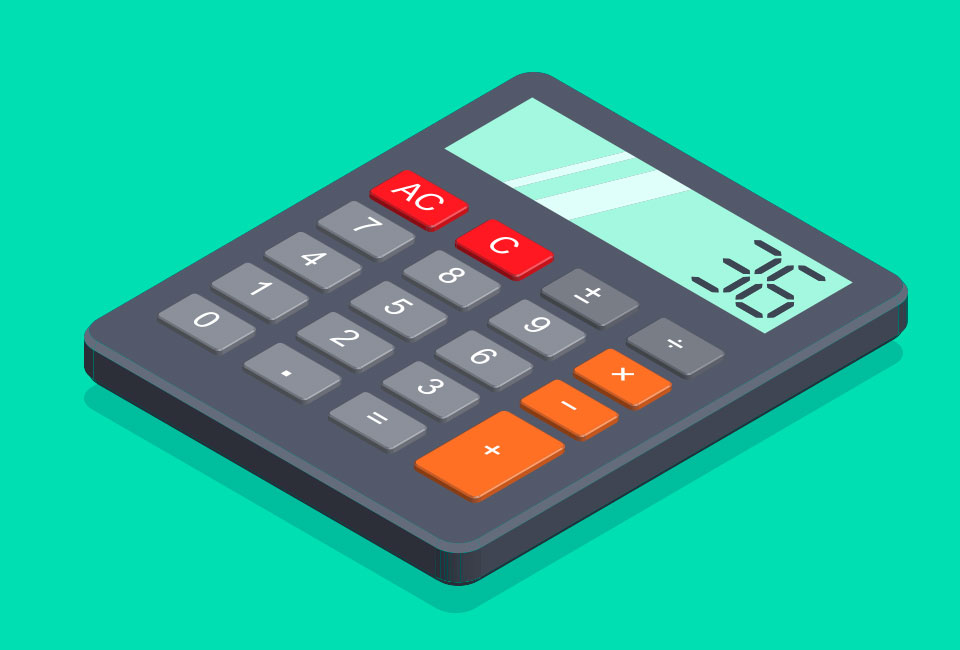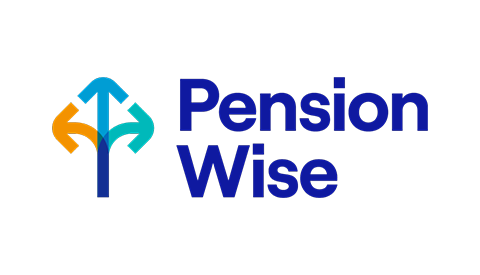
Taxes in retirement
Tips to help you understand and save tax
A lot can change when you retire. Including your income and how much tax you pay. Below you’ll find useful tools and information to help you manage your taxes in retirement. Plus tips which could help cut your tax bill.
Your personal allowances and tax bands
When you give up work, you still pay tax on any pension income, including the State Pension, that’s over your personal allowance.
Most people have a standard personal allowance, which is £12,570 for the 2025/26 tax year. This means you can receive income of up to £12,570 and not pay any tax.
If you’re a higher earner, your personal allowance could be lower.
Once your income (including any earnings and pension you get) goes above the personal allowance, different tax rates and bands apply. These start at 20% and rise to a rate of 45% for those with a taxable income of more than £125,140. Tax rates and bands are different for Scottish taxpayers.
How will my pension be taxed?
How much tax you’ll pay depends on what you decide to do with your pension, and how you decide to access your benefits. The option you choose, how much income you take and when you take it will all affect how much tax you pay.
You can normally take up to 25% of your pension as tax-free cash, up to £268,275. The rest is taxed as income. But you don’t need to access your pension or tax-free cash all in one go, you can do it in stages.
| Pension income options | What’s tax free? | What’s taxable? |
|---|---|---|
| Annuity (a secure income) | Normally up to 25% of the pension value you'd like to access can be paid as a tax-free cash lump sum. | The rest of the pension value which is used to purchase the annuity is taxable. Tax will usually be deducted from each income payment at your marginal rate. |
| Drawdown (a flexible income) | Normally up to 25% of the pension value you'd like to access can be paid as a tax-free cash lump sum. | The rest of the pension value which is moved into drawdown is taxable. Tax will usually be deducted from each withdrawal at your marginal rate. |
| Uncrystallised Funds Pension Lump Sum (a flexible income) | Normally 25% of the lump sum value can be paid tax free. | The rest of the lump sum value will be taxed at your marginal rate. |
What you do with your pension is an important decision that you might not be able to change. You should check you're making the right decision for your circumstances and that you understand all your options and their risks. The government's free and impartial Pension Wise service can help you and we can offer you advice if you’d like it.
TAX SAVING TIP 1: Taking large withdrawals from your pension can push you into a higher tax band and lead to a hefty tax bill. You can spread your withdrawals over more than one tax year to make the most of your personal allowances and tax brackets. This could mean you pay less tax or in some cases you could take your pension income completely tax free.

Pension income tax calculator
Try our pension income tax calculator to see how much tax you might pay on withdrawals.
Watch out for emergency tax on pension payments
The first taxable payment you take from a pension is likely to be taxed using the emergency tax code. This could mean the incorrect amount of tax is deducted initially. In this case, you may need to reclaim any overpaid tax directly from HMRC.
Try our emergency tax calculator to find out how much tax you might pay on your first taxable withdrawal.

Inheritance tax and pensions
Unlike other investment accounts, money in a pension is held outside of your estate and is normally free from inheritance tax. Although, the government has announced these rules will change from April 2027. Your beneficiaries can inherit your pension free from income tax in some cases.
Tax on savings and interest
Interest from cash savings held outside certain types of accounts, such as pensions or ISAs, is normally taxable but there is a Personal Savings Allowance. Your individual allowance will depend on which income tax band you fall into.
The first £1,000 a year of savings income and interest is tax free for basic-rate taxpayers. And the first £500 for higher-rate taxpayers. But there is no allowance for additional rate taxpayers. Depending on the amount of savings income you receive, you may need to complete a self-assessment tax return.
TAX SAVING TIP 2: Consider Cash ISAs if you’ve not used up your full ISA allowance already. Interest you receive from these is tax free, whether you’re a taxpayer or not. Compare accounts.
Tax on dividend income
Dividends are income payments from shares and stock market funds. Dividend income is normally subject to UK tax on investments held outside an ISA or pension.
Everyone has a tax-free dividend allowance of £500 a year, as well as any personal allowance. Above £500, the tax payable on dividends depends on your total taxable income. If you receive dividend income above the dividend allowance, you may need to complete a Self-Assessment tax return.
For Scottish taxpayers, savings and dividend income tax rates and bands are the same as the rest of the UK.

Capital gains tax
Capital gains tax (CGT) is a tax on any profits when you dispose of assets (like a second home or investments). You only pay tax if you’ve made a gain.
You’re able to realise capital gains of up to £3,000 in tax year 2025/26 before you become liable for CGT. How and when you need to report any gains in excess of the CGT allowance depends on what you made the gain on. Read our guide to capital gains tax for more information.
TAX SAVING TIP 3: Consider holding investments in a Stocks and Shares ISA or pension. There is no UK income tax to pay on any dividends, and no capital gains tax when you sell.

Expert support and advice

Guidance from Pension Wise
Pension Wise is a free government service for people getting ready to receive a UK defined contribution pension (this could be a personal or workplace pension).
It offers impartial guidance on pension types, how to access savings, and the tax implications of each option.

Helpdesk support
Our Bristol-based helpdesk are here for you six days a week. Our friendly and knowledgeable team are ready to answer your questions no matter how big or small.
Please contact us or schedule a callback at your convenience.

Advice on your retirement plans
Our financial advisers can help you develop a retirement income strategy, ensuring your investments align with your goals.
They'll advise you on the best time and methods for accessing your pension.
Advice on your retirement plans
Our financial advisers can help you develop a retirement income strategy, ensuring your investments align with your goals.
They'll advise you on the best time and methods for accessing your pension.